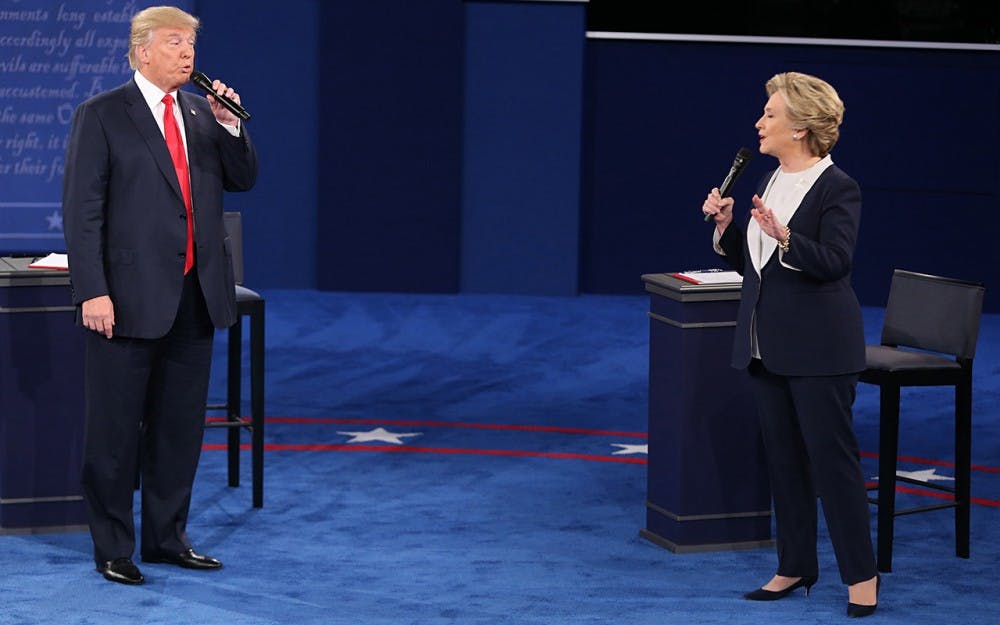More than 45 percent of Americans eligible to vote abstained in this year’s election.
Though final numbers on voter turnout from the United States Election Project will not be available until two weeks after Election Day, the project currently estimates that 25.5 percent of voters voted for Donald Trump and 25.6 percent voted for Hillary Clinton.
In 2008, 37.8 percent of the voting age population abstained, and in 2012, 41.4 percent abstained.
IU assistant professor in political science Bernard Fraga said this increase is partially due to an increase in population with lower voter turnout rates, including minorities and young people.
Though the election was contentious, “negative campaigns and rhetoric did not stimulate the electorate,” Fraga said.
IU junior Mahamat Ali said he did not vote because he wanted to make a statement about his dissatisfaction with the American political system.
“I don’t agree with the electoral college,” Ali said. “You’re basically voting to silence other people.”
In a red state like Indiana, if Ali were to vote for a Democrat for president, his vote essentially would not count, he said. To reform the political system, Ali said he would like to see the electoral college, lobbying, super PACs and super delegates removed from the political system.
The popular vote should be used in elections across the board, which would make America a true democracy, he said. The two-party system is like a football game, and he would like to see it come to an end. He added that in order for this change to come about, fewer Americans should vote to show their lack of faith in the system.
On the other hand, 4 percent of the electorate voted third-party candidates, according to the Associated Press.
Andrew Stebbins, a third-year law student, chose to write in Harvard law professor Lawrence Lessig for the president.
Stebbins said a vote for Lessig was not a waste because it mattered to him.
“It felt good,” Stebbins said.
Stebbins previously served as Director of Communications for the College Democrats at the State University of New York in Buffalo, but during this election he was drawn to third-party candidates.
Lessig, in particular, stood out to Stebbins because of his law background and his views on net neutrality and foreign policy. Stebbins said he is not a political person because politics are about vanity. Instead he is an issues person and Lessig matches this, Stebbins said.
He preferred Clinton over Trump, but he was not surprised when Trump won the election. Stebbins said he would have considered voting for Clinton if he lived in a swing state, but he probably still would have written in Lessig.
Stebbins said he hopes his vote for a third party will draw more attention to the issues at hand rather than to the vanity of Democratic and Republican party politicians.
“I don’t see it as a protest vote,” he said about his write-in vote. “I see voting as giving someone an affirmative endorsement.”




